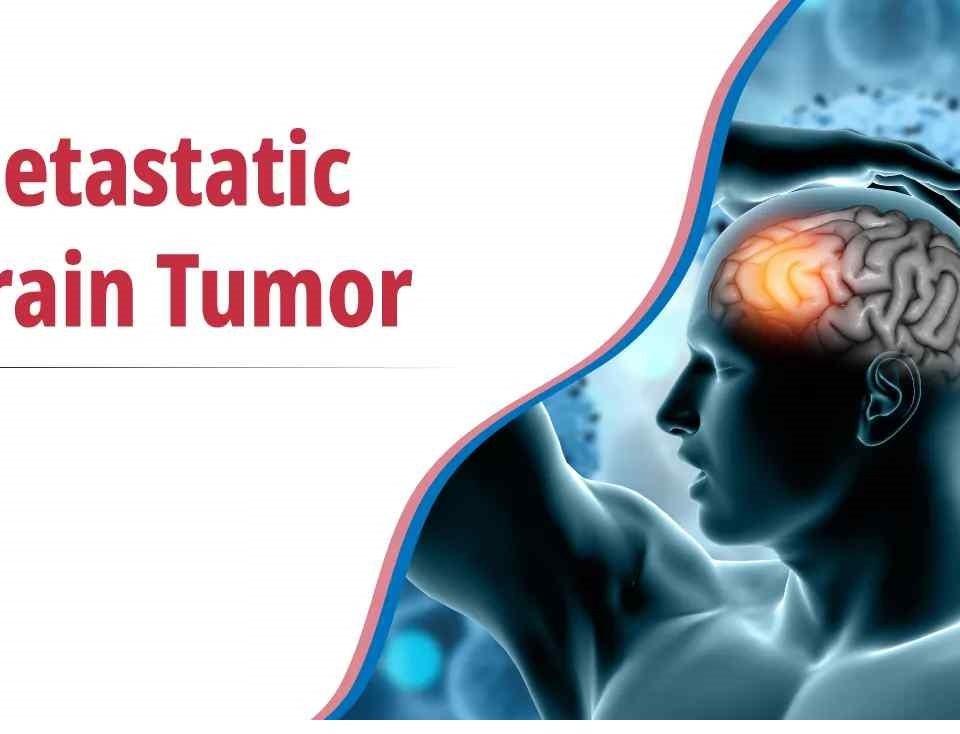Treatment for a brain tumor differs depending on several factors: a person’s age, general health, and the size, location, and type of tumor.
- Whether the tumor is putting pressure on vital parts of the brain.
- If the tumor has spread to other parts of the CNS or body
- Possible side effects
- The patient’s preferences and overall health
You and your loved ones will have many questions about brain cancer, the treatment, side effects, and the long-term outlook. Your health care team is the best source of this information. Don’t hesitate to ask.
Brain Cancer Treatment Overview
Treatment of brain cancer is usually complex. Most treatment plans involve several consulting doctors.
The team of doctors includes neurosurgeons (specialists in the brain and nervous system), oncologists, radiation oncologists (doctors who practice radiation therapy), and, of course, your primary health care provider. Your team may also include a dietitian, a social worker, a physical therapist, and, possibly, other specialists such as a neurologist.
The treatment protocols vary widely according to the location of the tumor, its size and type, your age, and any additional medical problems that you may have.
Survival rates in brain cancer vary widely. The major factors that influence survival are the type of cancer, its location, whether it can be surgically removed or reduced in size, your age, and other medical problems.
In general, younger patients have a better prognosis.
Brain cancer that has spread (or metastasized) from somewhere else in the body is the most common type. Survival rates depend on the original cancer and other factors.
Treatment for most types of brain cancer is available and will often give you a better chance of survival. Discuss treatment options and best-estimated prognosis with your cancer team.
Some types of brain tumors grow rapidly; other tumors grow slowly. Considering all these factors, your doctor will talk with you about how soon treatment should start after diagnosis.
Treatment options include those described below, such as surgery, radiation therapy, and chemotherapy. Your care plan may also include treatment for symptoms and side effects, an important part of your medical care.
For a low-grade brain tumor, surgery may be the only treatment needed especially if all of the tumor can be removed. If there is visible tumor remaining after surgery, radiation therapy and chemotherapy may be used. For higher-grade tumors, treatment usually begins with surgery, followed by radiation therapy and chemotherapy.
Treatment might shrink your tumour and slow its growth. Even if your brain tumour can’t be cured, treatment might control your symptoms for some time. Recovery from a brain tumor is not always possible. If the tumor cannot be cured or controlled, the disease may be called advanced or terminal.
This diagnosis is stressful, and an advanced brain tumor is difficult to discuss for many people. However, it is important to have open and honest conversations with your doctor and health care team to express your feelings, preferences, and concerns. The health care team is there to help, and many team members have special skills, experience, and knowledge to support patients and their families. Making sure a person is physically comfortable and free from pain is extremely important.
Patients who have an advanced brain tumor and who are expected to live less than 6 months.
Treatment for a brain tumour can have several side effects. These can range from fatigue, headaches and scalp irritation for radiation therapy, to brain damage in the case of surgery. Chemotherapy patients may experience nausea and hair loss, while those undergoing radiosurgery may have headaches and nausea. Surgery for a tumour that is close to a nerve, or located in a critical or sensitive area of the brain may affect certain bodily functions such as vision, speech and movement.
Reference:
https://www.webmd.com/cancer/brain-cancer/brain-cancer-treatment#1
https://www.cancer.net/cancer-types/brain-tumor/treatment-options
https://www.healthxchange.sg/cancer/brain-skull-cancer/brain-tumour-treatment-overview



